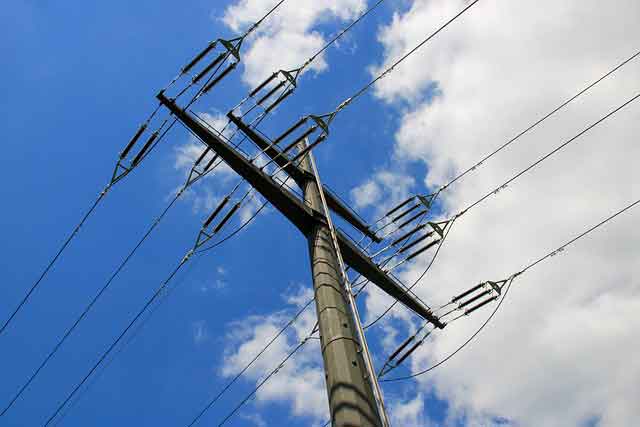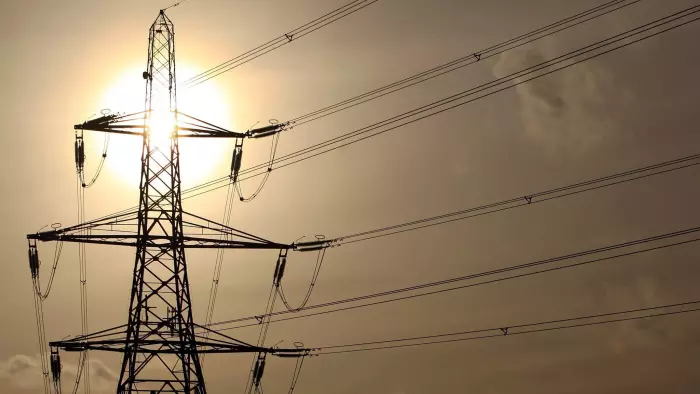EU tells Greece to open up lignite access
The EU executive said Greece is breaking antitrust rules because the Public Power Corp. has a virtual monopoly over lignite, or brown coal, and the government has shielded it from rivals since the market was opened up in 2001.
Newer rivals are handicapped because they are forced to buy more expensive energy sources, the EU said, blaming the Greek government for allowing PPC to keep a grip on the market thanks to its supply of cheap lignite.
PPC generates more than 85 percent of Greece's power.
The European Commission told Greece to make changes within eight months that would allow rival power companies to access at least 40 percent of available lignite resources from the state, which controls nearly all the abundant deposits.
"Customers are denied the benefits of competition in the electricity sector when one operator controls virtually all access to Greek lignite reserves, which currently represent the cheapest source of power generation in Greece," EU Competition Commissioner Neelie Kroes said.
Lignite is abundant in Greece and almost all of it is used as fuel for power plants located close to mines. Lignite plants provide 60 percent of all electricity generation.
When burned, the fuel releases far more carbon dioxide than coal, oil or less polluting natural gas. PPC's reliance on lignite makes it one of Europe's most polluting power companies.
The EU aims to slash carbon dioxide by a fifth by 2020 and burden heavy polluters with high costs unless they curb emissions or turn to cleaner power sources.
Related News

Energy Vault Secures $28M for California Green Hydrogen Microgrid
CALIFORNIA - Energy Vault, a prominent energy storage and technology company, recently secured US$28 million in project financing for its innovative Calistoga Resiliency Centre (CRC) in California. This funding will enable the development of a microgrid powered by a unique combination of green hydrogen and battery energy storage systems (BESS), marking a significant step forward in enhancing grid resilience in the face of natural disasters such as wildfires.
Located in California's fire-prone regions, the CRC is designed to provide critical backup power during Public Safety Power Shutoff (PSPS) events—periods when utility companies proactively cut power to prevent wildfires. These events…





